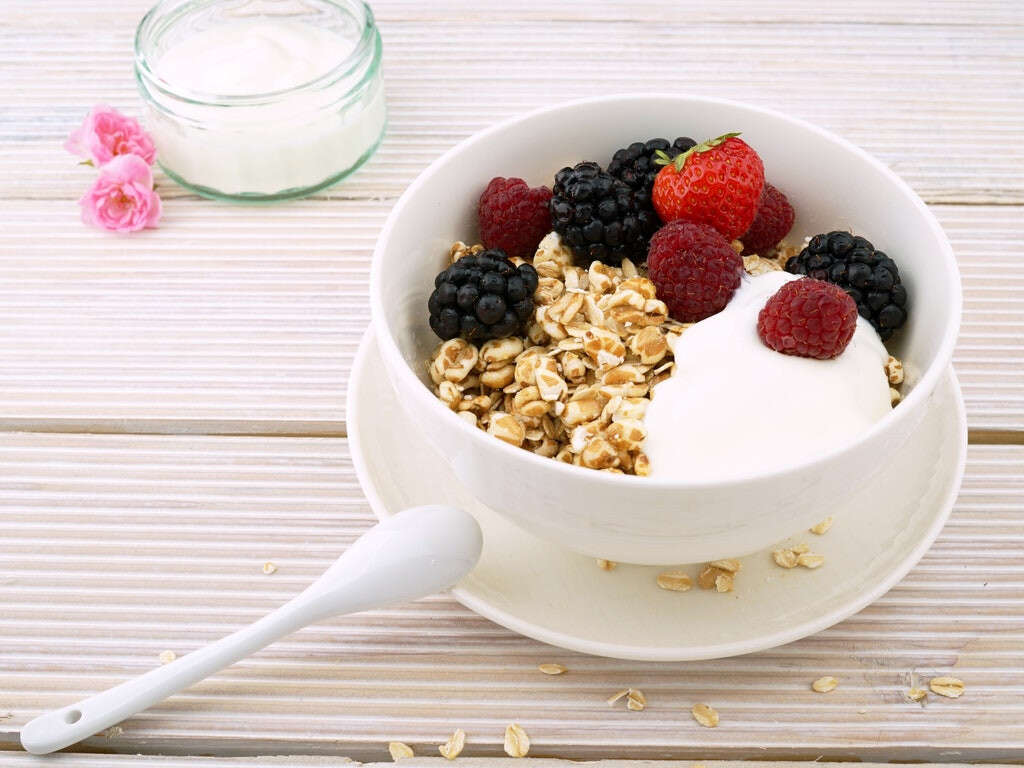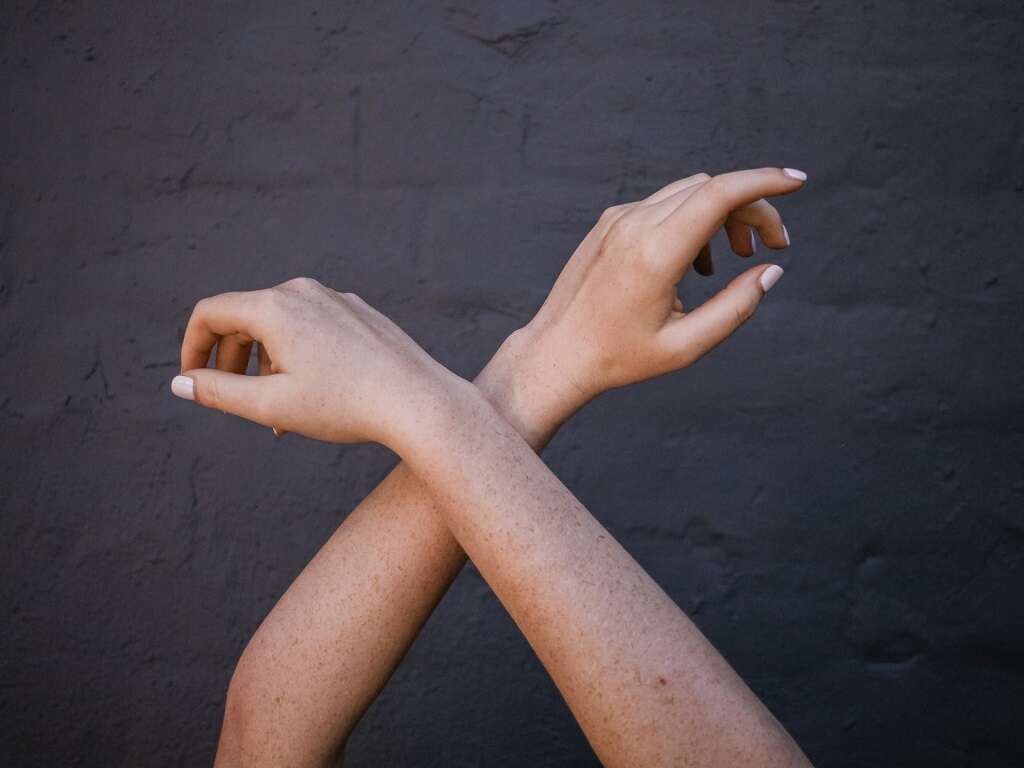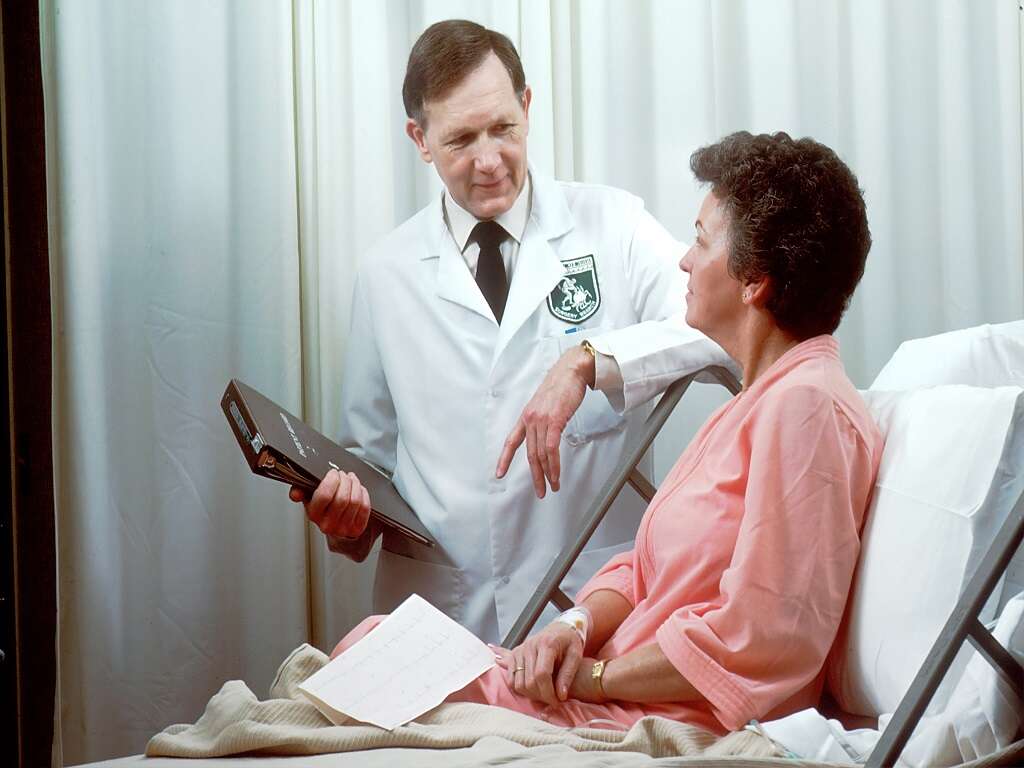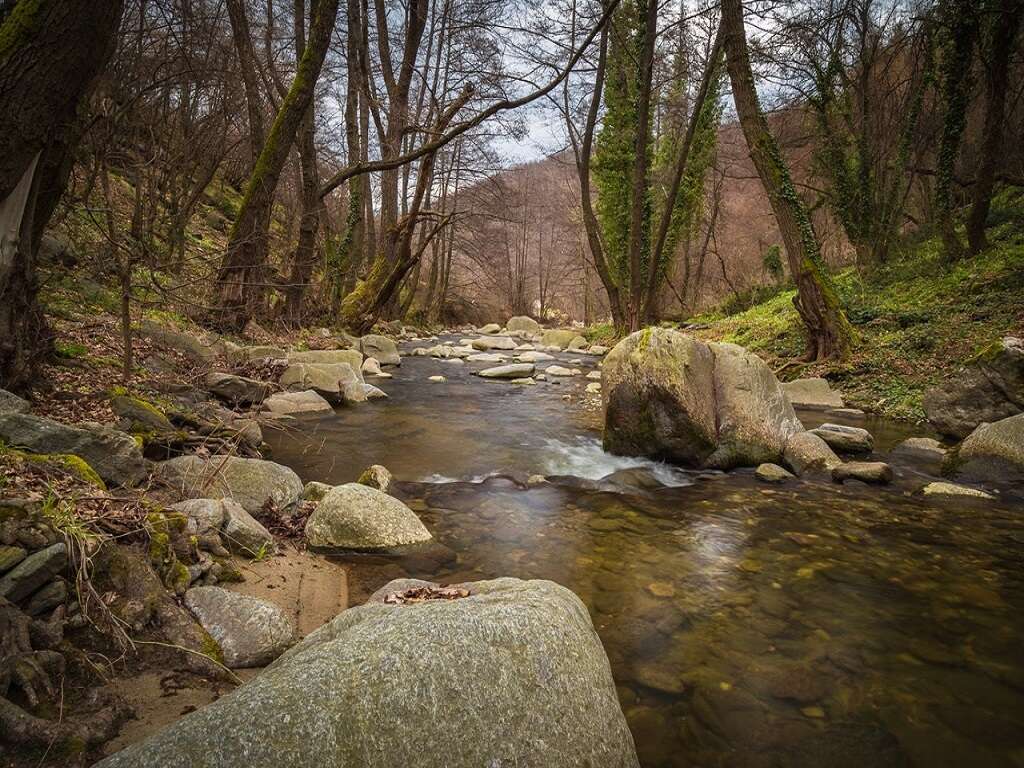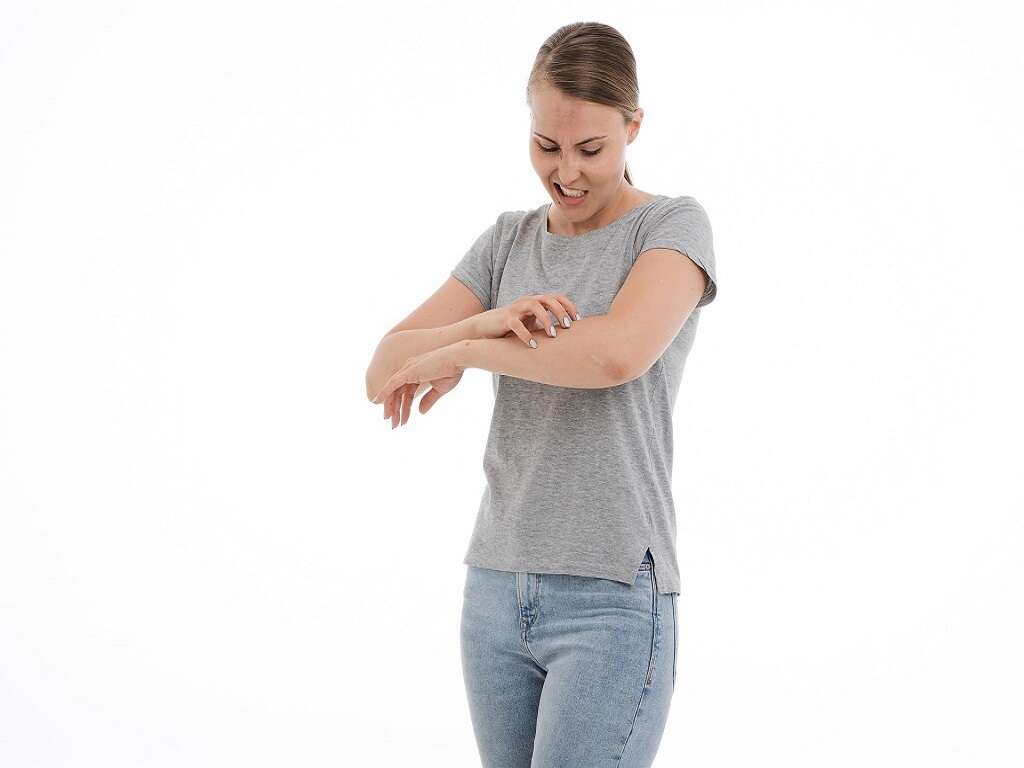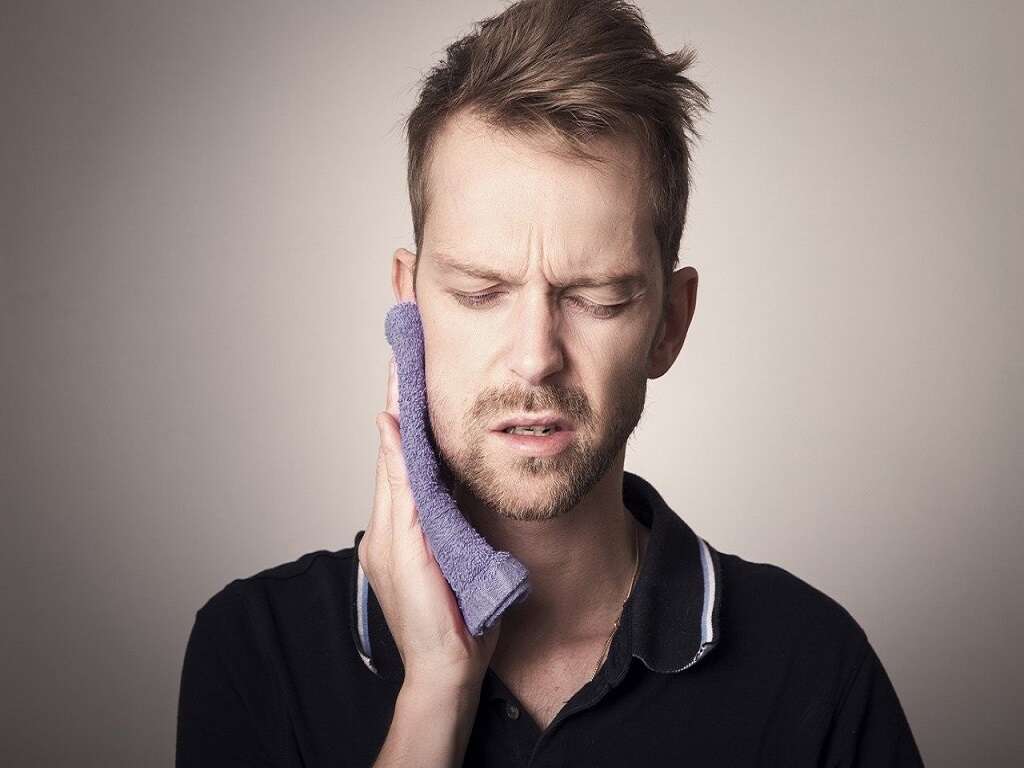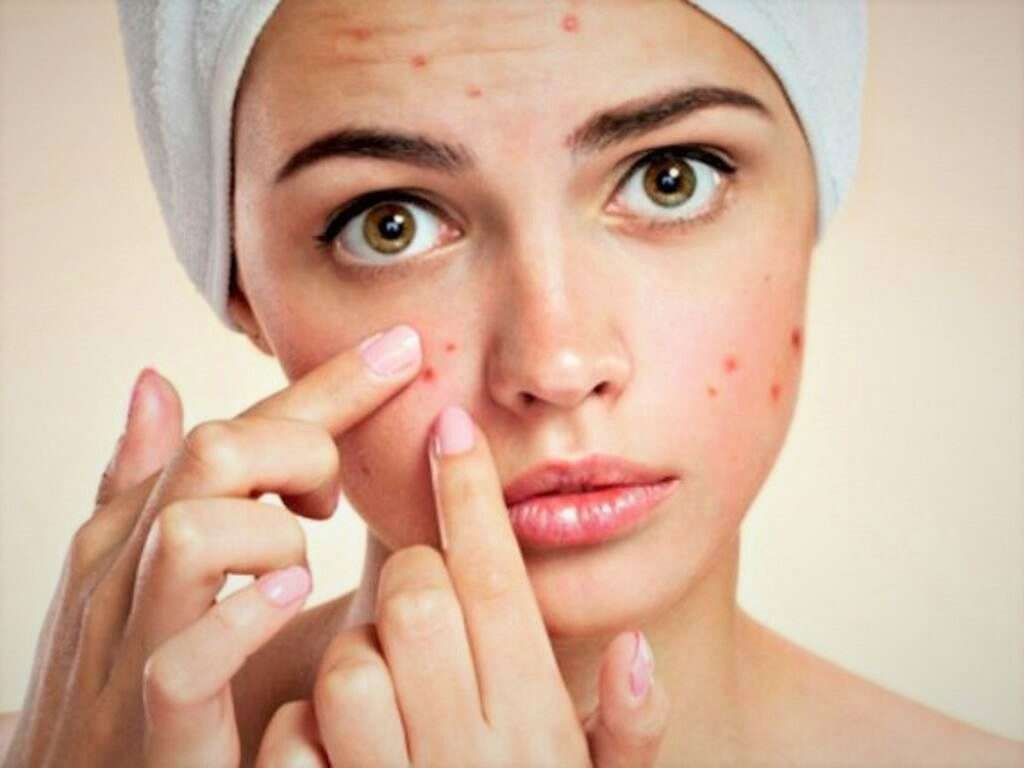10 Home Remedies for Acne
Acne or acne vulgaris is a chronic condition where hair follicles are clogged with oil and dead skin cells resulting in oily skin, whiteheads, blackheads, pimples, and scarring. It usually affects areas where there are more oil glands such as the upper part of the chest, face, and back. Acne can be debilitating as it may result in reduced self-esteem, anxiety, depression, and suicidal ideation.
In 80 percent of cases, acne can be attributed to genetics. Some implicated factors such as cigarette smoking, diet, and cleanliness are still unclear. Treatment options include lifestyle changes, topical treatments such as salicylic acid, and oral medications like antibiotics, birth control pills, and isotretinoin pills.
While there are medications available, acne is a condition that can make the affected person feel as if they are anxious, depressed, or losing control. Here are some home remedies for acne that can be beneficial.
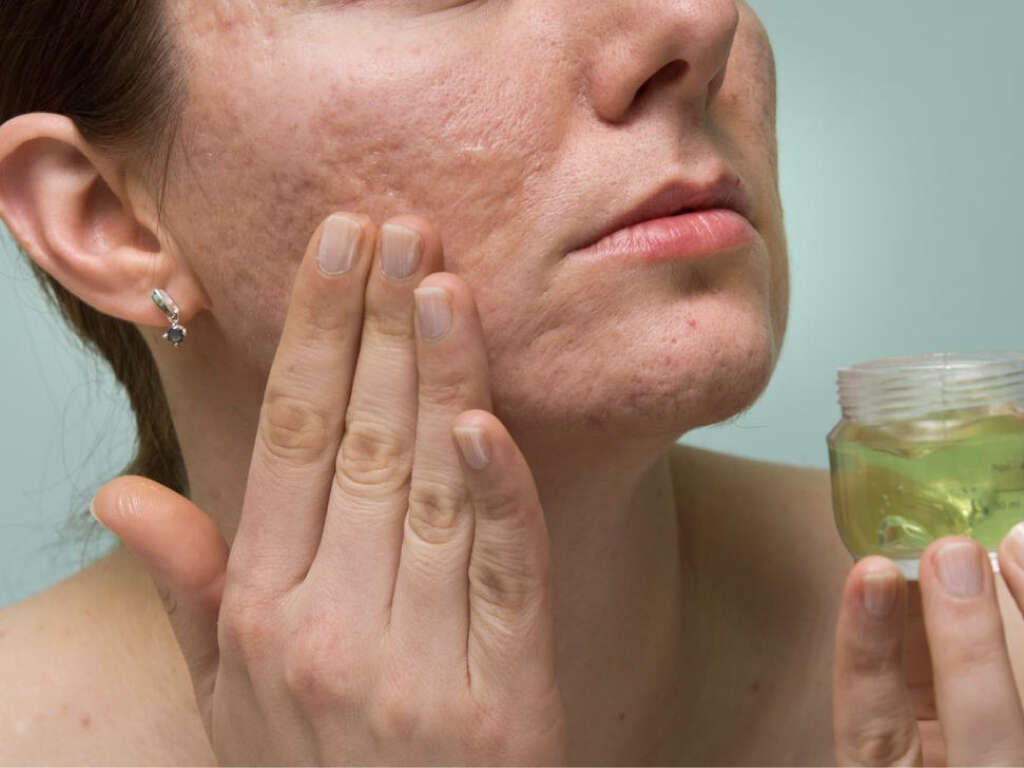
Home Remedy #1: Aloe Vera
Aloe vera is a succulent plant that has both medicinal and culinary uses. Medicinally, it has anti-inflammatory and antibacterial properties. Used in patients with acne, it can help reduce acne breakouts and reduce the inflammation associated with acne. Since it contains a lot of water, it is also an excellent moisturizer and is especially suitable for those who experience dry skin after using various acne products.
A study in 2014 found that individuals with mild to moderate acne experienced significant improvement after using a combination of tretinoin cream and aloe vera gel for 8 weeks. Aloe vera gel is easily available from stores and online.

Home Remedy #2: Tea Tree Oil
Tea tree oil is a popular and well-known remedy for skin-related issues. This is due to its anti-inflammatory and antibacterial properties that can help fight off the bacteria-causing acne known as P. acnes. The anti-inflammatory properties can also help decrease the inflammation such as redness, swelling, pain, and tenderness.
A study from 2015 analyzed the evidence regarding the effectiveness of tea tree oil for acne. The research team concluded that tea tree oil products can be beneficial as they help reduce the number of sores in individuals with mild to moderate acne. They also suggested that the effectiveness of tea tree oil is comparable to a common over-the-counter acne medication known as 5 percent benzoyl peroxide.
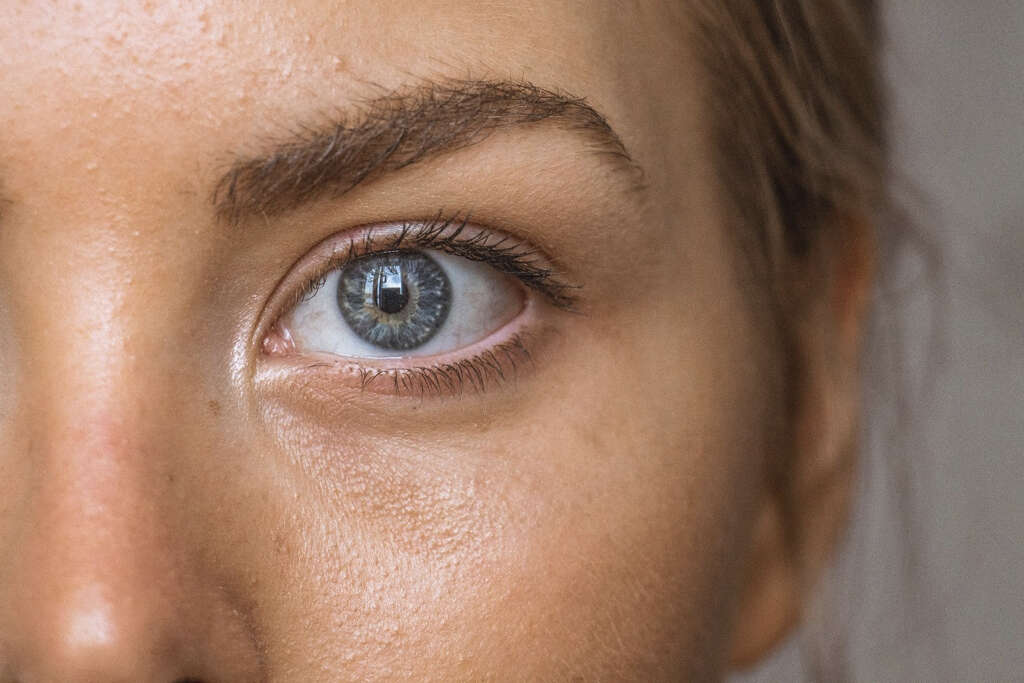
Home Remedy #3: Green Tea
Green tea refers to tea made from the leaves and buds of Camellia sinensis before they go through the withering and oxidation process involved in making black tea. While clinical research has not been able to provide conclusive evidence regarding the health benefits of green tea, it has been claimed to help increase mental alertness, decrease the risk of cardiovascular disease, cancer, diabetes, and helps with weight loss.
Green tea is thought to be an effective home remedy for acne as it contains high levels of polyphenol antioxidants known as catechins. Since most individuals with acne produce too much sebum, the antioxidants in green tea is thought to help break down waste products and chemicals that can damage cells. To use green tea for acne, individuals with acne can drink it or use the extract on their skin.
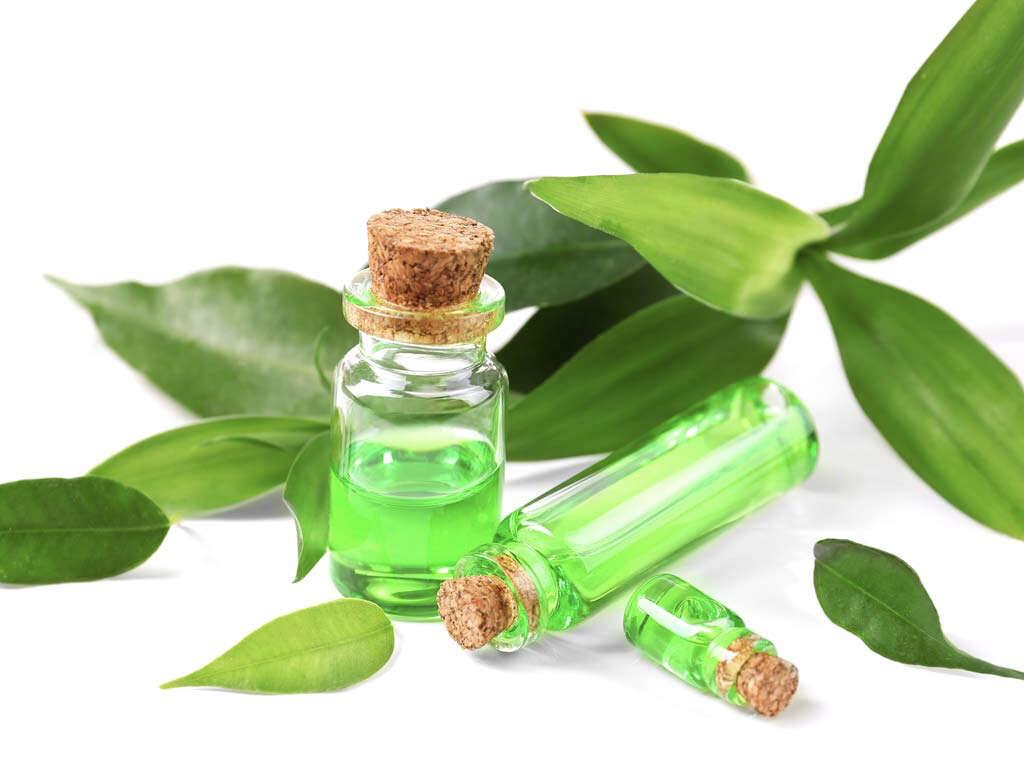
Home Remedy #4: Coconut Oil
Coconut oil is oil that is extracted from the meat or kernel of mature coconuts from coconut pal. Due to its high saturated fat content, it oxidizes slowly and is therefore resistant to becoming rancid. It can be used in various applications such as in food, hair, feedstock, and biodiesel.
It is thought to be effective as a home remedy for acne as it has antibacterial and anti-inflammatory properties. This helps fight the acne-causing bacteria and reduces the inflammation associated with acne. Coconut oil can also accelerate healing. To use coconut oil for acne, rub some virgin coconut oil onto the affected area.
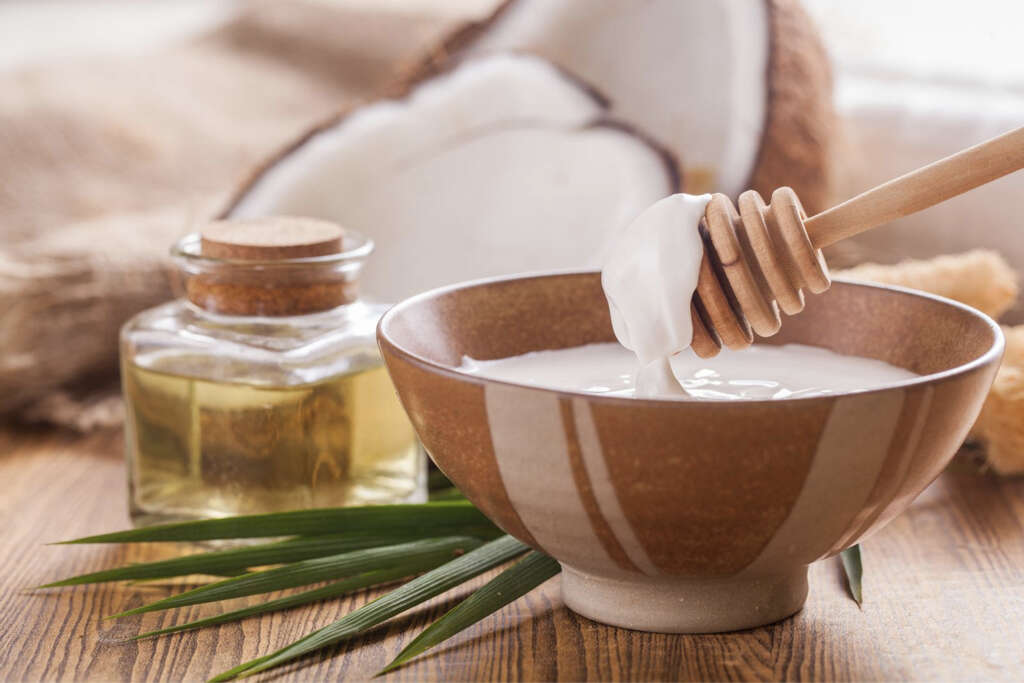
Home Remedy #5: Jojoba Oil
Jojoba oil is made from the seed of the jojoba plant known as Simmondsia chinensis, which is native to Northwestern Mexico, Southern Arizona, and Southern California. Since the plant grows slowly and is difficult to cultivate, jojoba oil is usually used in cosmetics and pharmaceutical products.
The oil is natural and appears to be waxy. These waxy substances have been thought to help repair damaged skin and can be used in situations such as acne lesions to speed up wound healing. The compounds in jojoba oil have been thought to reduce swelling and redness in skin inflammation. A 2012 study found that participants who used clay face masks containing jojoba oil for 6 months reported 54 percent improvement in their acne. Jojoba essential oil can be mixed with face cream, gel, or a mask for application.
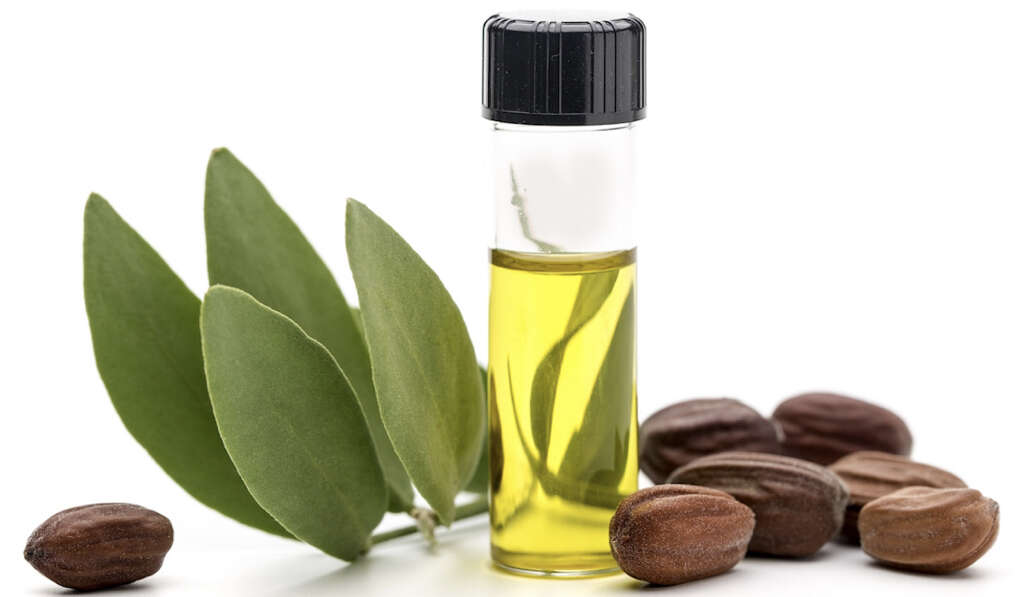
Home Remedy #6: Rosemary
Rosemary is an herb that has fragrant leaves. A member of the mint family, the plant is native to the Mediterranean region. Rosemary has been used for culinary, decorative, cosmetics, and medicinal purposes.
In folk medicine, the plant has been thought to have medicinal effects despite having no scientific evidence. The compounds in rosemary are thought to have anti-inflammatory and antibacterial properties along with antioxidants. A 2013 study performed on human cells and mice suggested that the extract of rosemary can reduce inflammation caused by P. acnes bacteria.
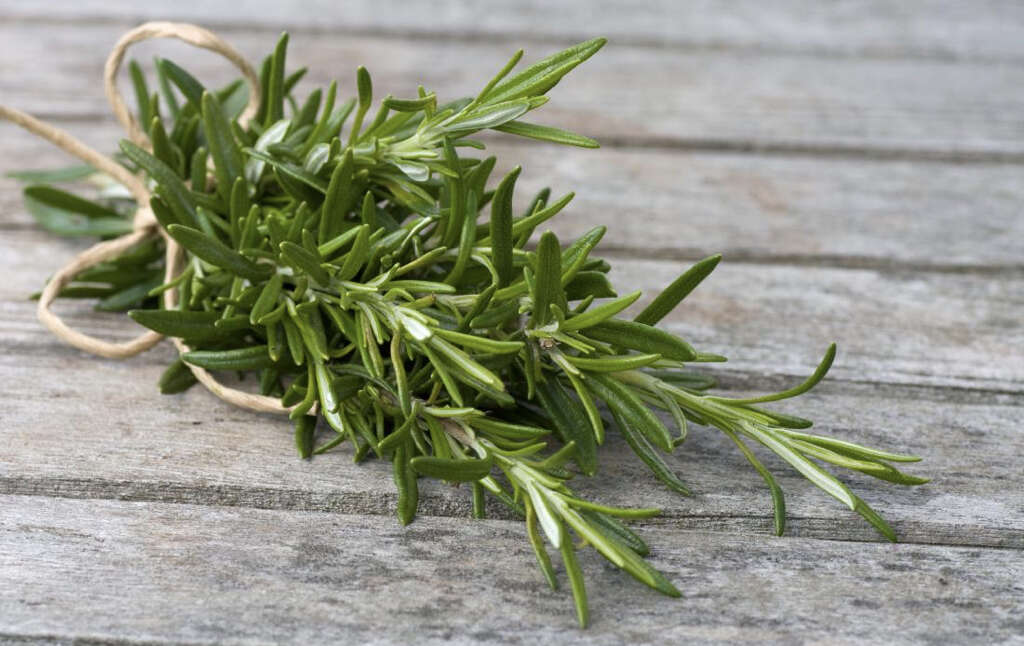
Home Remedy #7: Garlic
Garlic is a plant native to Central Asia and Northeastern Iran. It was used by the ancient Egyptians both medicinally and as a food flavoring. Various researches have been made to determine the effectiveness of garlic in cardiovascular diseases, cancer, and the common cold. it has also been used as a remedy for various skin conditions due to its anti-inflammatory and antibacterial properties.
Garlic contains organosulfur compounds that help boost the immune system to fight off infections. To use garlic for acne, it can be added to the diet or consumed in powder or capsule form. While some sources recommend the application of garlic directly onto pimples, it can cause further skin irritation.
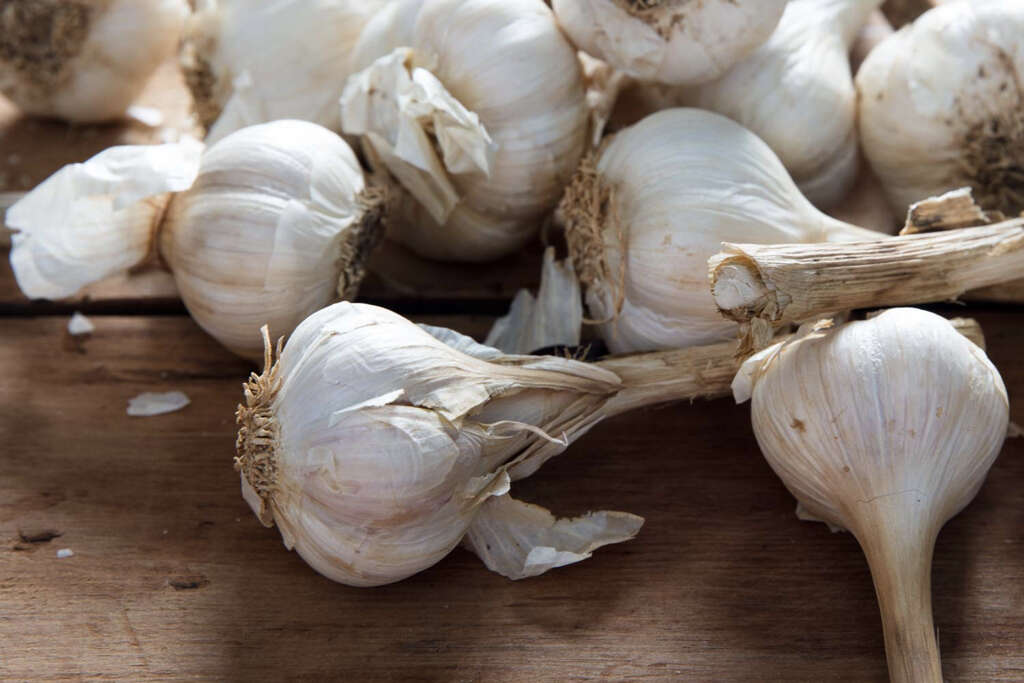
Home Remedy #8: Purified Bee Venom
Apitoxin is honey bee venom that is colorless and contains proteins that may cause local inflammation. It is currently under preliminary research for potential benefits such as fighting cancer. It has also been thought to be active against acne due to its anti-inflammatory and antibacterial properties.
A study published in 2016 found that 6 weeks of treatment with purified bee venom was found to be effective in treating mild to moderate acne without incidence of side effects or irritation. At 6 weeks of purified bee venom use, researchers found a mean 52.3 percent of improvement in acne grade with 77 percent of the subjects showing improvement.
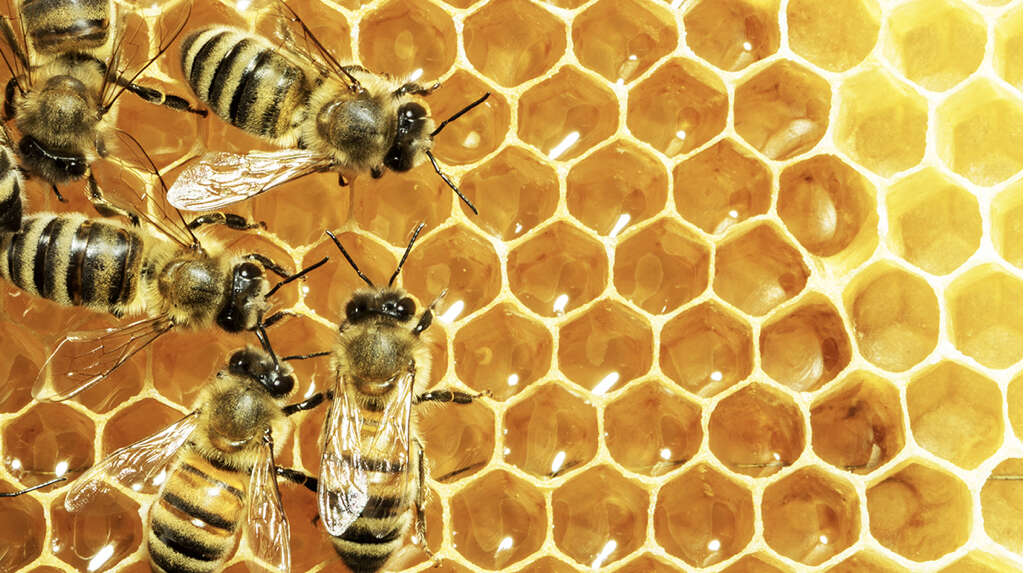
Home Remedy #9: Honey
Honey is a substance made by bees through the collection of flower nectar. The honey is obtained from honeycombs for human consumption. The sweetness of honey can be attributed to glucose and fructose. Besides culinary uses, it has also been used medicinally due to its antibacterial and anti-inflammatory properties.
Honey has been used for thousands of years in the treatment of skin conditions such as acne. The antioxidants in honey can also help to clear debris and waste from clogged pores. To use honey for acne, rub a little honey onto the affected area. It can also be added to a face mask.
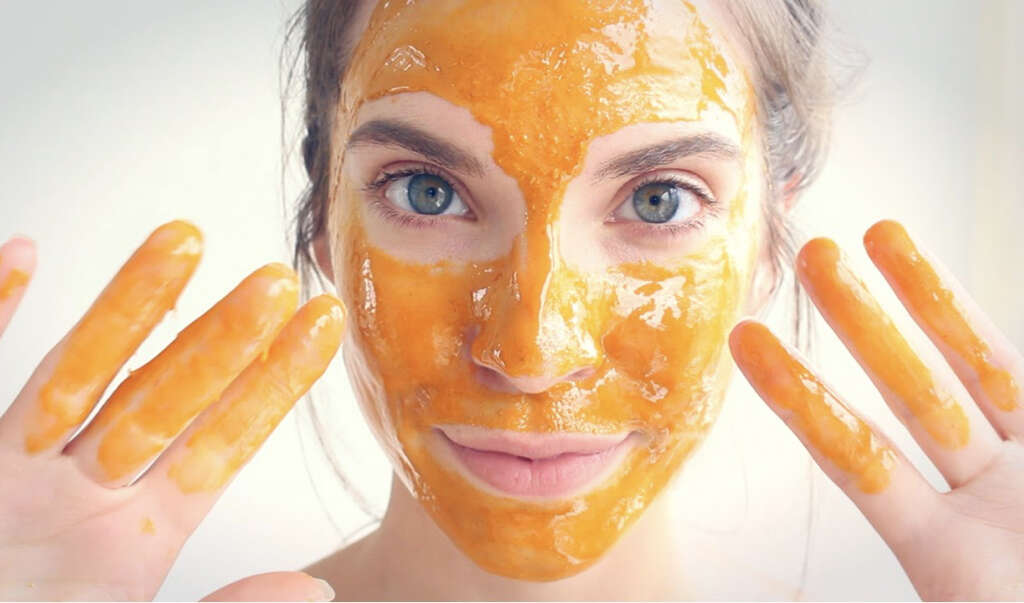
Home Remedy #10: Echinacea
Echinacea is a group of plants in the daisy family commonly known as coneflowers. Found in eastern and central North America, they usually grow in dry or moist prairies and open wooded areas. Researches have been conducted to study the effectiveness of echinacea on the immune system, common cold, and cancer.
Echinacea products vary in composition as they can contain different species of echinacea, different preparations, and different parts of the plant. For acne, Echinacea purpurea, the purple coneflower, is thought to be a potentially effective home remedy for acne as it contains compounds that can kill bacteria and viruses. It is also thought to reduce inflammation and fight off infections. To use echinacea for acne, apply creams containing echinacea to affected areas.




